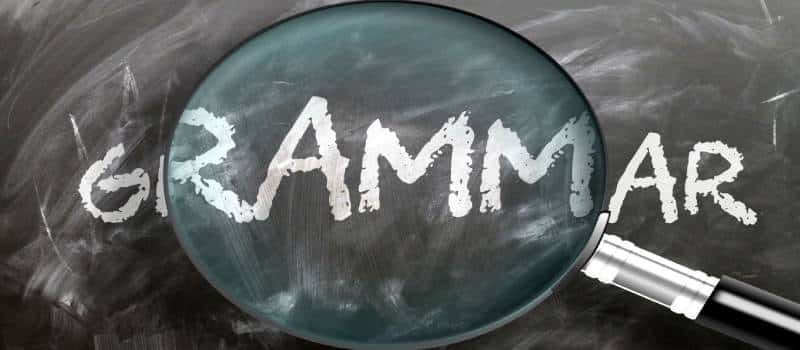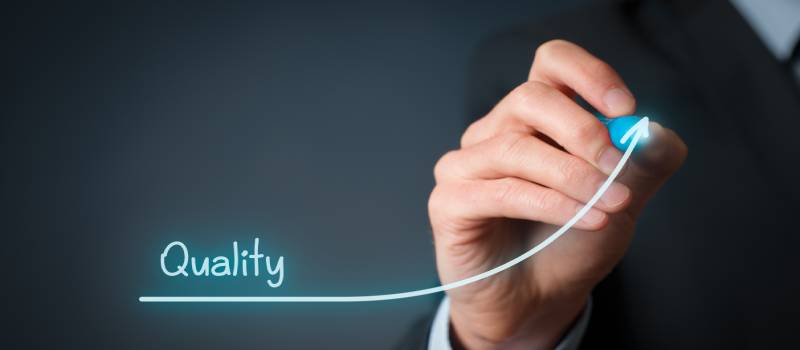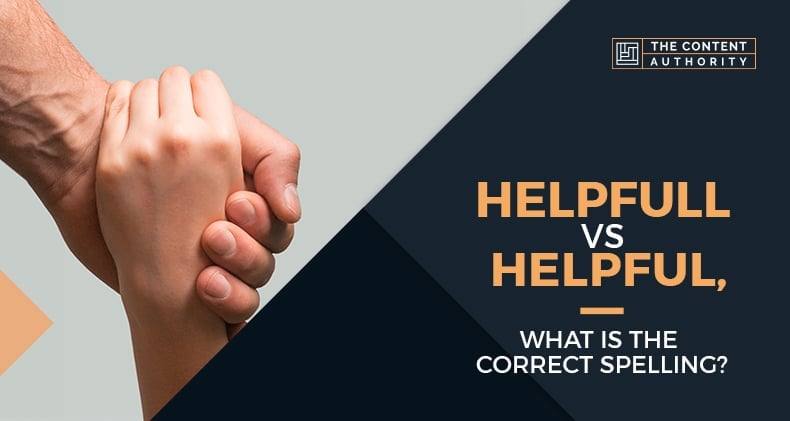Misspelling a term may appear to be a minor error, but it can harm a writer’s work. For example, simply dropping a letter may appear to be a harmless mistake as helpfull and helpful. Still, if misspelled, it can transform the entire aesthetic of an article.
The term “helpful” refers to someone who enjoys assisting and serving others by being friendly and compassionate without asking anything in return. Helpful people do this naturally and sincerely. Unfortunately, on the other side, the term helpfull is frequently misspelled.
The Correct Spelling For Helpfull
”Helpful’ is the correct term to use when referring to a considerate person who likes to provide assistance or aid or is prone to giving support. On the other hand, Helpfull is an incorrect spelling of this word. However, it might not be evident because the suffix -ful provides an adjective with the meaning (full of or characterized by). Still, this suffix is spelled with only one l. This is why using the proper form is crucial.
Many spelling errors are amusing and harmless, but others aren’t. For example, a simple typo could make us appear less capable of explaining a subject. Poor spelling can also lead to confusion, a loss of clarity, and a loss of meaning. In extreme cases, it can cost millions of dollars in lost sales and job opportunities because it can destabilize customer relationships.
Spelling was the most common mistake discovered in a long-term study of flaws in university students’ essays in the United States. An incorrect word is now the most common error in student writing. There are tools like spell-check that will occasionally correct spelling to a different word than intended. However, if the manuscript is not improved afterward, the spell-check tool will take it as a valid word and will not correct it.
Related: 10 Tips on How to Edit a Manuscript
This mistake happens when you memorize the definitions of two similar words rather than learning how to use them or learn how to pronounce them. As a result, you may quickly forget the meaning. And repeatedly choose a word that does not mean what you think it means.
Occasionally, a writer does not know how to spell a word she intends to use. This may be because the word is technical slang or comes from a language other than her native tongue. It could also be a proper name that they have never heard before. So when it comes to a word you are not sure about, don’t guess. Instead, look up the definition in a dictionary or other reference book.
When texting with a potential customer or friend, your spelling abilities are more critical than ever. It will accurately communicate the message, and you will utilize proper terminology to improve comprehension. When you mispronounce a term, though, the meaning might not be very clear.
This is why we must utilize the proper terminology while writing or speaking. The other person can get confused about what you’re trying to say, especially if the error goes unchecked. This is the case of the word helpful, where the suffix ‘full’ indicates a larger capacity, changing the accurate word’s intention.

Origin Of ‘Helpful’
In the first years of the 14th century, the word helpful was used as an adjective. Its intended meaning was to describe someone who enjoys assisting others. Helpful is derived from related words such as helpfulness. With the similar word helpfully, there is some ambiguity regarding the spelling for “helpfull”, adding a final ‘l’ at the end changing the entire meaning of the word.
The etymology of this adjective derives from the first part, ‘help,’ which functions as a transitive meaning to offer assistance. Alternatively, it is also applied when asking for cooperation. It is typically used in non-assertive situations. It also assists in making a contribution or providing assistance to others (someone or something). In general, it refers to the action taken to support a person or a situation.
The remaining part of the suffix -ful is used to form adjectives from nouns resembling or thoroughly relating to the noun’s quality. It means “as much as can be held by what the noun denotes” when used to create nouns from nouns—used to form terms that represent a significant portion of the quantity expressed by the noun.
What Does It Mean To Be Helpful?

When you hear the word “helpful,” you think of a young child assisting an elderly person across the street. However, it can collect many humble, passive, quiet, or work behind the scenes type of people.
Helping others is beneficial on a variety of levels. Not only will you feel good about helping someone in need, but you will also have a greater sense of purpose in your life. In addition, it can improve your workplace accessibility and make you a more valuable asset to your company.
Some people consider the word helpful to be more influential than impressive. And work hard to put any expertise you’ve been given to good use by helping others in a practical and inspiring way. However, some decisions help people make that allow them to be like this.
There are people in business that frequently underestimate the value of cultivating a helpful mindset. However, the willingness to assist others will never stand in the way of success. On the contrary, the sooner people realize the importance of being together as humans, the better off they will be to enjoy life healthily and peacefully.
How To Improve Your Spelling

Throughout your life, your spelling abilities are used to evaluate you as a person. According to some studies, 85% of people are more likely to be rejected for a job if their resume or cover letter contains more than one spelling error. As a result, your spelling serves as your cover letter in situations other than work.
We can sometimes teach people how to spell specific words, but teaching people how to spell better, in general, is more complicated. In addition, some people believe that those who spell incorrectly have a lack of education or intelligence. And, while correct spelling can help our grammar and writing skills, we cannot respond to intelligence solely by misspelling words. However, here are a few suggestions to help you improve your spelling skills.
Improve Your Reading
Spelling is not about how a word sounds; it is about how it appears on the page, which means you must examine many words to learn how they are spelled.
Use Mnemonics
Because spelling rules are abstract and, in English and frequently contradict, they are difficult to memorize. However, rhyming, presenting an image, or generating a pattern will make it simpler for you to remember when writing it. And this is what mnemonics do, sneaking it through a separate region of your mind.
So that the next time you type the word helpful, you can generate a sound that will stick in your head.
List Your Common Misspelled Words
If you find yourself spelling the same word several times, write it down somewhere and look up the correct spelling to put next to it. This personalized list of misspelled words reflects the rules you struggle with when writing.
Mark The Word
Put a checkmark next to the misspelled word that you find yourself looking up repeatedly in the dictionary. This will serve as a reminder that you should add it to your list of words that you need to improve when writing.
Correct spelling is one of the most important aspects of good writing. Because it allows others to better understand the idea you are attempting to describe on your paper. It also boosts confidence in other areas of literacy—understanding word relationships and recognizing words that may have the same origin or have a similar pronunciation.
Spelling, along with reading, writing, and comprehension skills, is linked, according to research done to highlight the importance of spelling. So, the next time you’re having trouble understanding the meaning of a word or are unsure how to spell it correctly, try looking it up on the internet! Because many tricky words could be mistaken, even if it’s just one letter.
Shawn Manaher is the founder and CEO of The Content Authority. He’s one part content manager, one part writing ninja organizer, and two parts leader of top content creators. You don’t even want to know what he calls pancakes.

